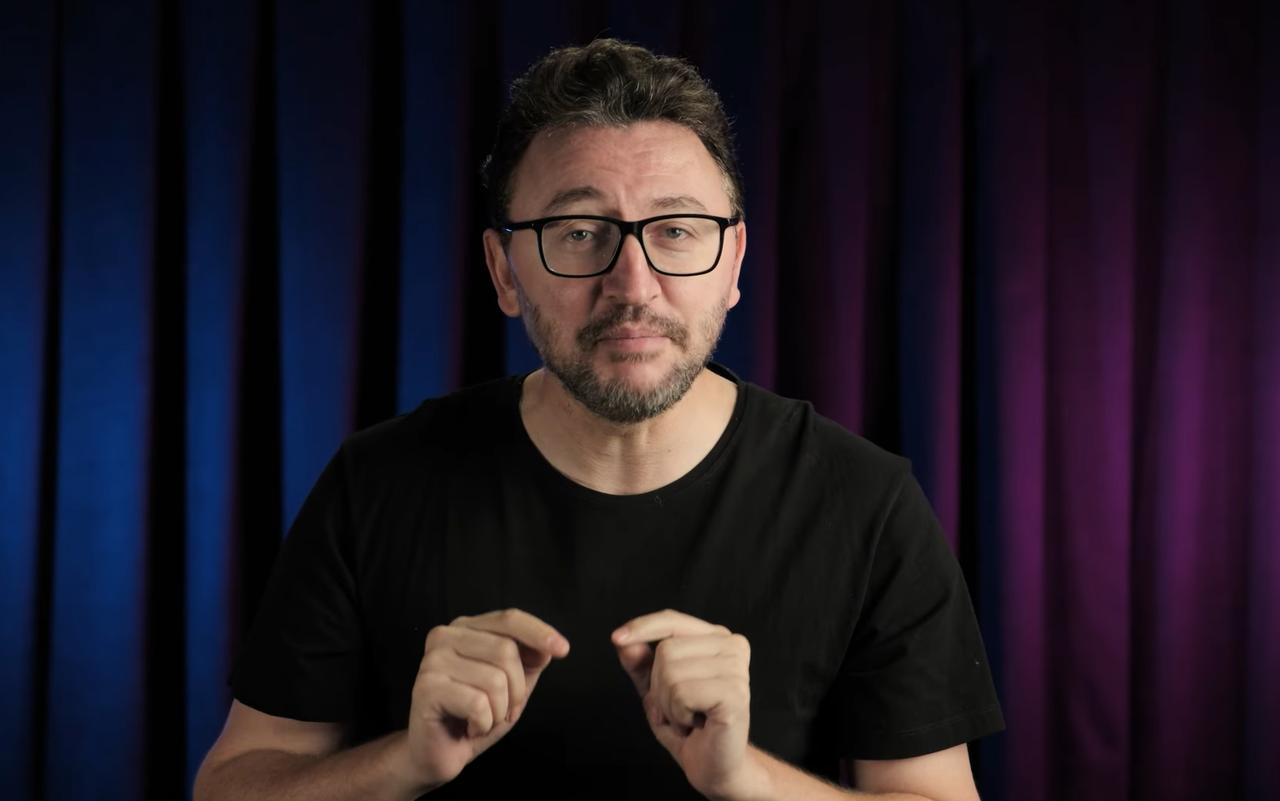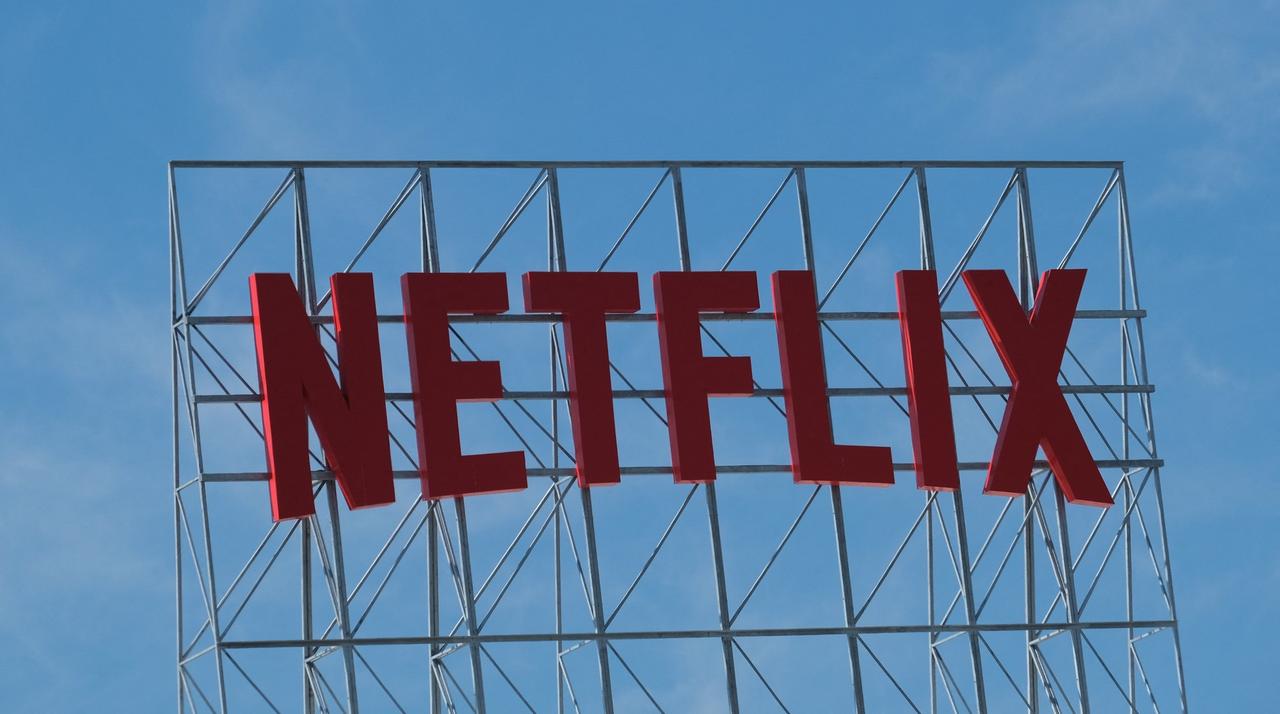
Türkiye’s television, film and digital platforms are facing a deep crisis as production costs and talent fees outstrip advertising and platform revenues, according to renowned Turkish YouTuber Murat Soner.
Soner argues the industry has leaned heavily on exports and star power instead of on stories, a shift that now leaves broadcasters and streamers unable to cover basic production costs.

In his recent video, viewed by 1.6 million people on YouTube in one week, the emphasis on big salaries and short-term returns has hollowed out creative investment, and the market is only now seeing the consequences.
He noted that episodes of domestically produced series that air on traditional television have climbed to costs of up to ₺20 million (over $488,000) each, and added that when advertising cannot cover those amounts, producers have started to air shows at a loss in the hope of selling them abroad.
As Soner described, many recent shows have been simultaneously broadcast on TV and licensed to international platforms. He cited examples such as the famous TV series "Esref Ruya" appearing on both television and Amazon Prime Video, and "Kral Kaybederse" showing up on TV as well as Netflix.
This tactic, he said, has become a survival move rather than a strategy for creative growth.

Soner reported that some domestic streaming services have pulled series mid-season and that others have been put up for sale. He singled out Exxen, saying it cut a season before completion and was later listed for sale; the platform’s archive—which includes creators like Enes Batur, the series Sihirli Annem, and a project tied to Aleyna Tilki—may make buyers hesitate, he suggested.
He also said some shows that started on streaming platforms, such as the renowned comedy TV series "Gibi" and Hasan Can Kaya’s highly popular talk show "Konusanlar," have already completed their runs, and that high asking prices remain a factor.
Soner relayed an allegation that comedian Kaya was seeking about $300,000 per episode, roughly ₺12 million by the figure he cited, and flagged that this claim is circulating within the industry.
To try to trim costs, Soner said certain platforms have turned to vertical series: short, mobile-first episodes, often released through apps and sold with microtransactions. He described the model as offering the first batch of episodes free—for example, the first five—then asking viewers to buy tokens or “jetons” to continue, likening it to feeding more coins into an arcade machine.
Importantly, he stressed that major production companies, not small independent makers, are now producing these vertical shows, and that the format commonly uses lesser-known performers who are promised later chances in traditional, horizontal (full-screen) series if they prove popular.
Soner painted a picture of soaring talent fees and new commercial practices. He mentioned that some established TV actors are commanding large per-episode fees—figures cited in the discussion included ₺2.5 million (over $61,000) and ₺4 million per episode—and that sometimes celebrity appearances draw sums reported as high as ₺8 million for events such as ribbon-cuttings.
He also described an “ekuri” system, likening it to a racing stable model where talent is packaged together and sold as a group, with the bundle yielding high combined payouts. He referred to a reported ₺3.5 million figure per participant in such packages.
He argued that these spending patterns have strained broadcasters: Soner pointed to a case where a show, "Cift Kisilik Oda," reached number one in ratings yet was taken off air because networks could not find advertisers to cover the cost of the program.

Turning to cinema, Soner accused parts of the film sector of exploiting human vulnerability for box-office success. He stated plainly that a recent production, in his words, crossed ethical lines by exploiting the situation of a mentally disabled person as spectacle. He framed this as a sign of how the pursuit of profit has warped creative choices.
As a remedy, Soner urged the industry to shift spending from celebrity fees to script and story development. He warned that if the current course continues, a previously reliable export engine for Türkiye could be at risk of disappearing.